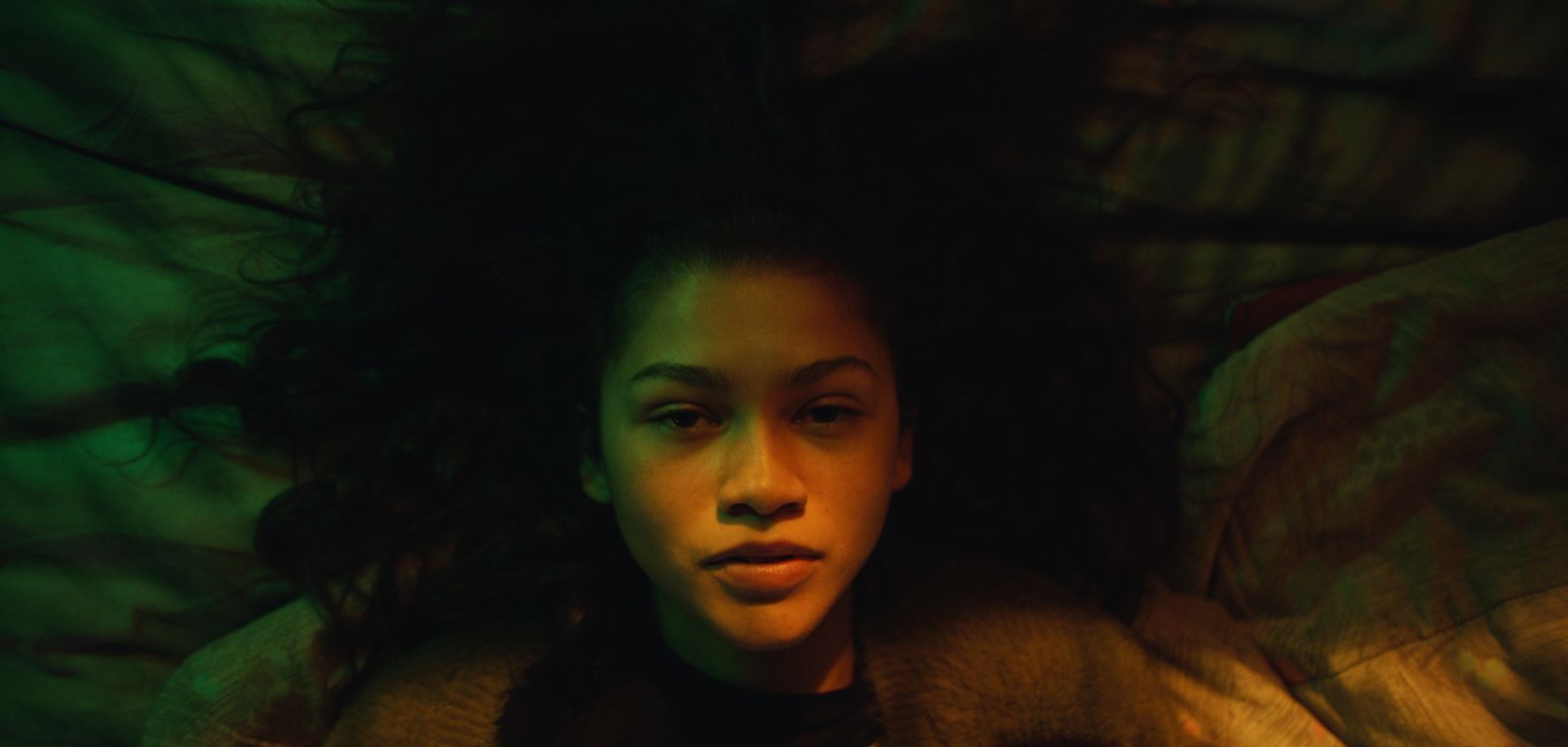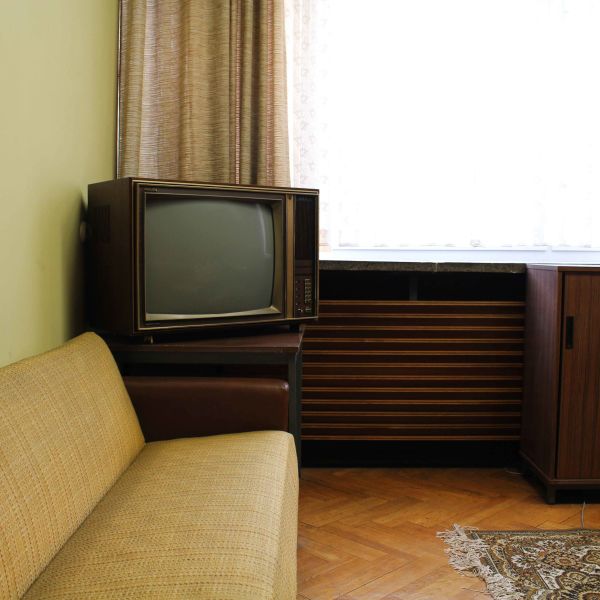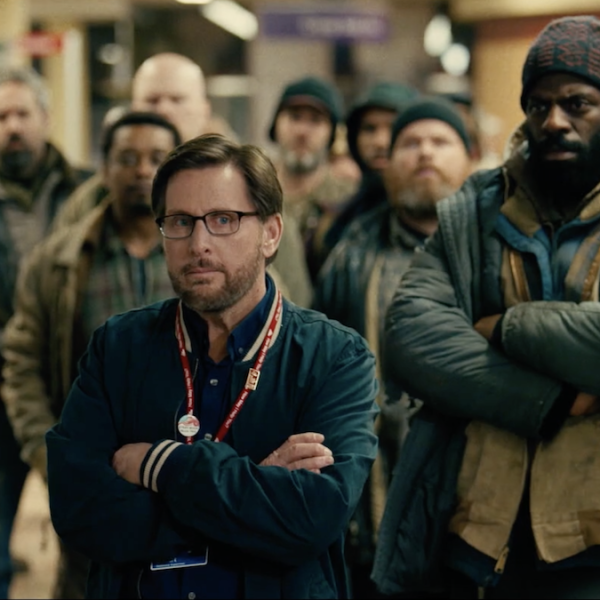As HBO'S Euphoria has made it around among TV and film critics, one main criticism is common amongst almost all.
The content is too graphic, too shocking and too tragic. Some reviewers have claimed the content so shocking it ruined anything good the show had to offer. Some understood that they were trying to capture a stark reality, however the show was rampant with hopelessness and had a lack of humour. People have even called for a boycott and cancellation of the series.
Most of these people are older white men. There have been some women, but these are mostly older, white and cisgender. This is really important, because in my opinion, the story of Euphoria speaks in a language that only the kind of sexually-diverse, self-hating, exploited and patronised teenagers raised in the digital age can really understand. It might sound like a really niche group of people, but in my experience it is rare to find a well-adjusted teenager. Of course the content is shocking to the critics - it wasn’t made for them. It was made for people like me. Sorry if that sounds really self-indulgent, but the series really spoke to me. In discussing with my peers, they feel the same way. The content isn’t really shocking to us. The things that happen to the characters in the show happens to our friends; it happens to us.
What’s key is how this content is treated. It isn’t patronising. It isn’t framed like a thriller: what if your daughter was a cam star! Oh no. The horror. Instead, it’s touching, it’s humanising, it’s intimate and most importantly it’s honest. Rue understands the destruction her actions bring about but she can’t help but hate herself. Jules craves intimacy but can only find it in the shadows. Cassie is a girl who enjoys her sexuality but finds herself exploited, used and pushed away by teenage boys who prioritise their reputations more than anything else. Their reputations, which usually go on unaffected by the revelations of the scandalous the things these boys (and men) are accused of doing. These characters aren’t tragic for tragedies’ sake, they don’t do shocking things for shocks’ sake. Here we have fully fleshed out characters that each get their equal time on screen to hang up their pain, their trauma and their stories for the whole world to see. We aren’t meant to just stare at it. We are meant to empathise, but if you can’t see yourself in these stories how can you understand it? How could you possibly find catharsis in it? That’s exactly my point - you don’t.
Euphoria wasn’t made for middle-aged white film critics, it wasn’t made for a rating system, it was made to make you feel better. This is the same reason we tell any sad story, to find ourselves in it and to find catharsis in it. However, this isn’t a universal sad story. This is about sad teenagers who exist in a world full of pain and experiences these mostly middle-aged, straight, cis, white film critics may never even encounter.
I am truly tired of critical rating systems for film and TV. You’ve got IMDB, Rotten Tomatoes, Letterboxd and god knows what else, that use arbitrary means of rating film and TV content into percentages. I feel like this is all a waste of your time and here’s why: we all bring our own unique perspectives and histories to these stories, and they affect the way we view it. The film reviewing system doesn’t take this into account. No critic ever says “take my perspective with a grain of salt”; instead, a critic’s verdict is meant to be wide reaching and all encompassing.
This is not a case for anti-intellectualism. Instead, I’m making a case for storytelling for storytelling’s sake. Stories are crucial to human communication - it's how we understand each other and it's how we explain our pain, and it's how we heal. That should be our goal and our main objective when listening to or telling stories, not necessarily the wide reaching, life changing thematic content. Although that impactful thematic content has its value, the value of our stories should not be measured by it. When someone tells us their story do we listen or do we spend our time discerning it a rating?




